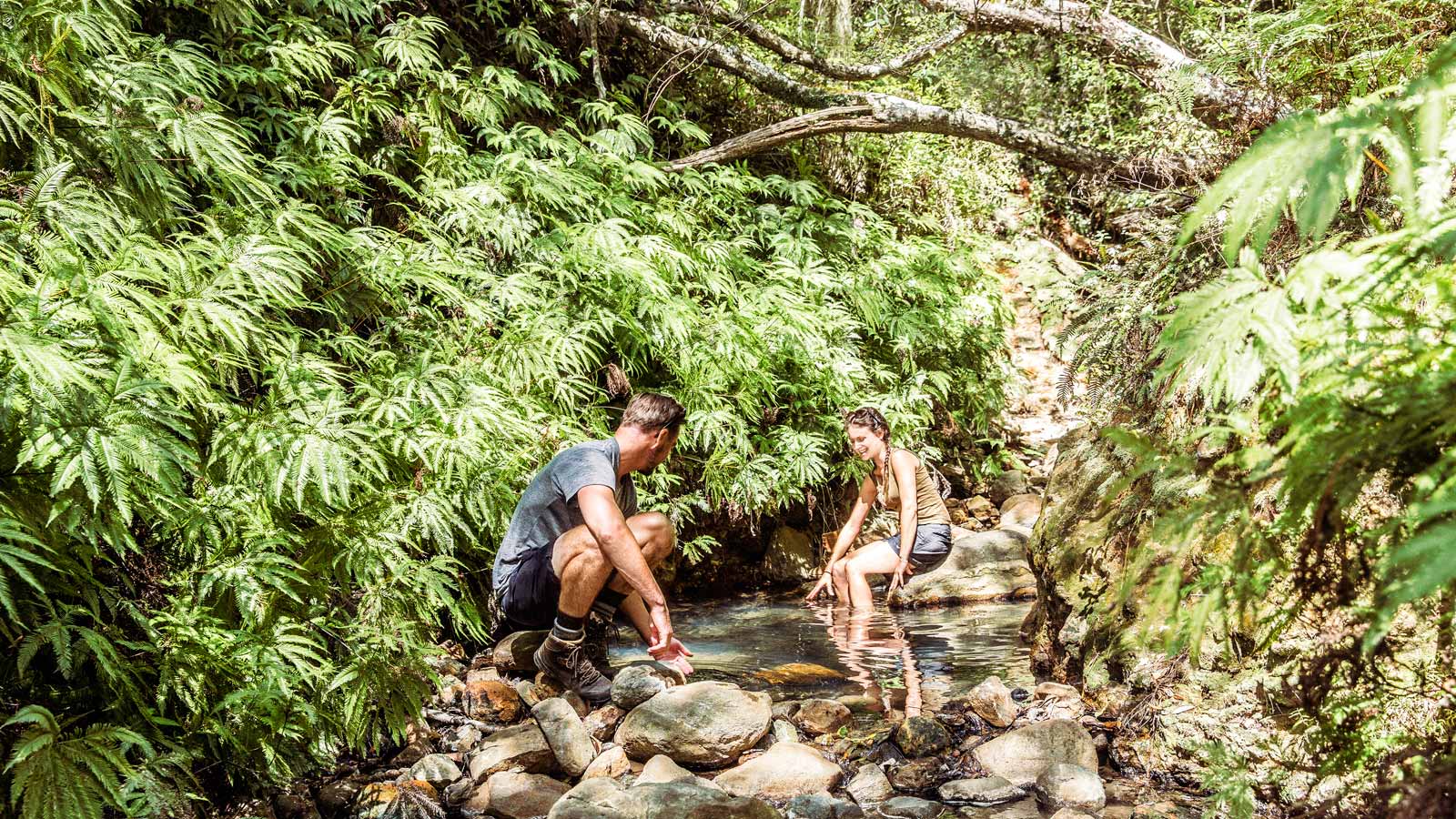In New Zealand, hospitality is not just industry jargon, it is at the heart of the nation’s indigenous culture. Manaakitanga is a Maori word that loosely translates to ‘hospitality’ – it is central to Maori society and inspires the way that travellers are made to feel welcome when visiting New Zealand.
In Maori culture, manaakitanga is a traditional value that is considered to be hugely important. The art of hosting visitors, being generous and caring about the treatment of others translates naturally to tourism and ensures that international visitors are made to feel welcome in New Zealand, no matter who they are or where they are from.
As with many Maori words, manaakitanga is a term that contains many layers of meaning. At its heart, the term refers to the need for reciprocal hospitality and respect between different people, groups and cultures.
In Maori culture, the provision of food and rest for visitors is considered extremely important – a visit to a marae will confirm this fact. Whether the event is large or small, the focus of the hosts is to make visitors feel comfortable and welcome. Traditionally, this may have included treating guests to local seasonal delicacies such as paua, kina (sea urchin), eel, karaka berries, fernroot, kumara (sweet potato) or Titi (Muttonbird). In the early years of European settlement, local Maori would often gift food to settler families and sometimes settlers even moved into the marae and became part of the whanau (family).
Today, the concept of manaakitanga is central to the New Zealand tourism industry and forms one of the core values of the New Zealand Tourism Strategy 2015.
